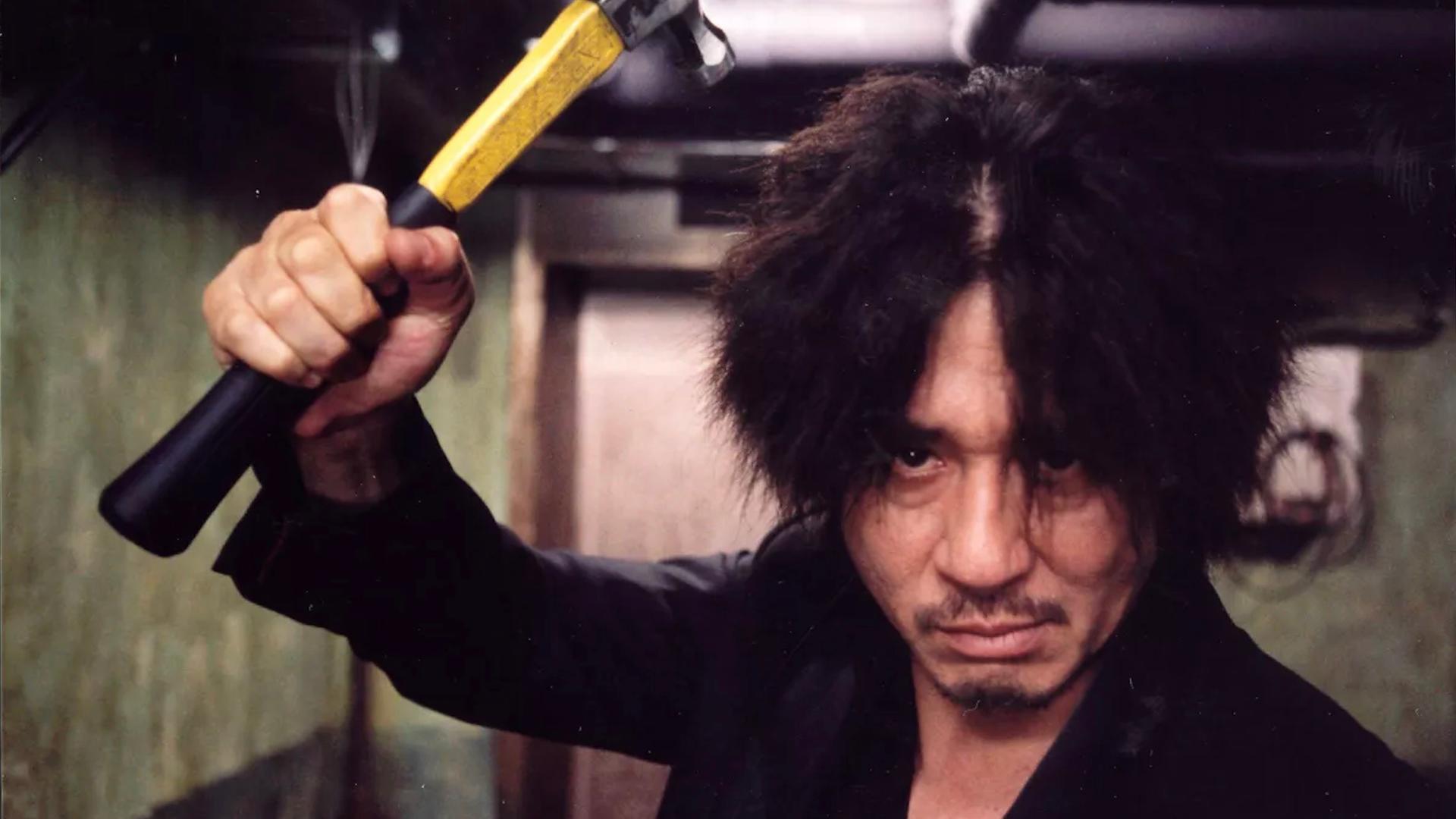Korean revenge film ‘Oldboy’ returns to theaters for its 20th anniversary
“Oldboy” is a Korean revenge film that has been remade.
2020 saw history at the Oscars when a Korean film, “Parasite,” became the first non-English language film to win Best Picture.
Today, most Westerners recognize “Parasite” as a hallmark of modern cinema, and the film is beloved by many.
But before “Parasite,” a different film occupied the international cinematic landscape — the 2003 film, “Oldboy.” Now, the film is returning to theaters this summer for its 20th anniversary.
The trailer for the theatrical rerelease of “Oldboy,” the second installment in the thematically connected “Vengeance Trilogy,” created by Korean director Park Chan-wook, highlights some of its most striking imagery. “Oldboy” has also been remastered and restored for modern theaters.
Grant Leuning teaches a film class at the University of California San Diego that covers many types of foreign films. He’s also researched cinema and politics in South Korea.
“The importance of a film like ‘Oldboy’ is hard to overstate because it was one of the first huge Korean hits in the West, specifically in the US,” Leuning said. “So, it set a template for a lot of the films and a lot of the understanding of films that we would see later on.”
Following “Oldboy’s” success, he said, extreme depictions of violence became directly attributed to popular Korean media in the West — think Netflix’s “Squid Game.”
These films, and to a lesser extent “Parasite,” are part of an unofficial genre in cinema known as the “Korean revenge film.”
The term has roots in UK distributor Palisades Tartan’s Asia Extreme Collection, a label popular in the early 2000s that would be assigned to violent films from Asian communities to market to a wider, more Western audience, according to Hye Seung Chung, a film professor at Colorado State University and a South Korean native.
“This created all kinds of stereotypes. Korean cinema being ultraviolent,” Chung said. “And actually, some of the most popular films in Korea are not necessarily this kind of violent.”
Still, Chung said, it has cultural relevance — under Korea’s authoritarian regime, there was widespread violence against activists who spoke out against the government.
“So, I think if you understand that Korea’s past in the ’70s and ’80s military dictatorship and what people went through, I think that violence or the desire for revenge makes sense,” she said.
Director Park himself has said that violence is exhilarating. During a public event, he said that growing up, he suppressed a lot of his anger and frustration and theorized that could be why he desired to show it so prominently in his films.
That said, there could be possible consequences from violent Korean cinema dominating the Western landscape. For one, these films do not necessarily present a flattering view of Korean society.
But Leuning said that Western exposure to Korean films versus Korean exposure to Western films will always be totally lopsided.
“So, absolutely, I find that many Korean filmgoers have a much better understanding of the broad variety of US genres, including art films,” Leuning said. “Whereas in the US, we really only get these few megahits.”
But with foreign films rereleasing in US theaters, he said, it could lead to more cultural appreciation.
But Chung said that it doesn’t always go that way.
“There’s a reason why something like ‘Parasite’ was selected because you don’t really need cultural background to understand,” she said. “You don’t need cultural or historical knowledge; you don’t need to know Korea to understand the film.”
Still, Korea has plenty of other cultural resources to offer, like K-Pop and Korean dramas, which have dominated the Western market in their own right.
Every day, reporters and producers at The World are hard at work bringing you human-centered news from across the globe. But we can’t do it without you. We need your support to ensure we can continue this work for another year.
Make a gift today, and you’ll help us unlock a matching gift of $67,000!
